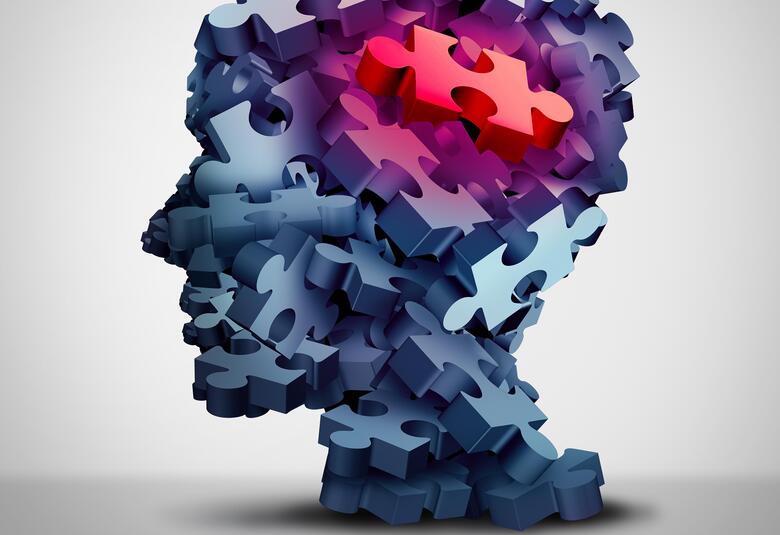
Depression: cognitive function the next frontier
Attention to cognitive impairment should play a greater role in our management of patients with major depressive disorder (MDD), Sidney Kennedy, Professor of Psychiatry at St Michael’s Hospital, University of Toronto, Canada, told a Lundbeck Institute seminar in Copenhagen, February 2015. [[Link to longer version of story on the LI Campus site, plus accompanying summary slide deck, soundbites etc.]]
When Zimmerman and colleagues asked patients about the outcomes they most valued, they wanted to feel like their usual selves, and to return to normal levels of functioning at home and work.1 These factors, and positive mental health, ranked above relief from the symptoms of depression per se.
To align with these priorities, we now increasingly acknowledge the need to achieve functional remission as well as relieving low mood.
Hold cognition in mind
We have tended to believe that cognitive deficits are secondary to depression and resolve once mood lifts. Cognition has been seen as difficult to assess, and testing as time consuming. We can now challenge these views.
Cognition in depression: explore, don’t ignore
- Along with low mood, cognitive impairment is associated with poor psychosocial functioning
- Cognitive dysfunction may not resolve even when mood lifts
- Residual problems predict poorer function even after symptomatic response
- Antidepressants differ in their impact on cognitive dysfunction
- Non-pharmacological treatments may also improve cognitive and functional outcomes
Millan et al showed that depression is associated with deficits in working memory, executive function, episodic memory and processing speed.2 And Gorwood and colleagues found that the capacity for delayed recall declines steadily with the number of previous depressive episodes.3
While testing used to be time-consuming, new cognitive test batteries can now be completed in 10‑15 minutes, and some can be self-administered.
In the meta-analysis by Rock et al, significant deficits in executive function and attention remained, when compared to healthy controls, even when MDD patients were in remission.4 So cognitive problems do not necessarily resolve in synchrony with other core elements of depression.
Change thinking to improve thinking
Christopher Bowie and colleagues show that computerised game-type tasks can achieve cognitive remediation in MDD patients with resistant depression.5 Our choice of antidepressant can also make a difference since drugs vary in their effects on cognitive symptoms.6
Cognition is central to the positive mental health and functioning treasured by patients. One way to improve outcomes is to hold cognition in mind when assessing and managing patients and evaluating response.
For detail on this topic, please go to the feature on Lundbeck Institute Campus http://institute.progress.im/en/content/depression-cognitive-function-next-frontier
References
- Zimmerman M et al. How should remission from depression be defined? The depressed patient's perspective. Am J Psychiatry. 2006;163(1):148-50.
- Millan MJ, et al. Cognitive dysfunction in psychiatric disorders: characteristics, causes and the quest for improved therapy. Nat Rev Drug Discov. 2012;11(2):141-68.
- Gorwood P et al. Toxic effects of depression on brain function: impairment of delayed recall and the cumulative length of depressive disorder in a large sample of depressed outpatients. Am J Psychiatry. 2008;165(6):731-9.
- Rock PL et al. Cognitive impairment in depression: a systematic review and meta-analysis. Psychol Med. 2014;44(10):2029-40.
- Bowie CR et al. Cognitive remediation for treatment-resistant depression: effects on cognition and functioning and the role of online homework. J Nerv Ment Dis. 2013;201(8):680-5.
- McIntyre RS et al. A randomized, double-blind, placebo-controlled study of vortioxetine on cognitive function in depressed adults. Int J Neuropsychopharmacol. 2014;17(10):1557-67.


